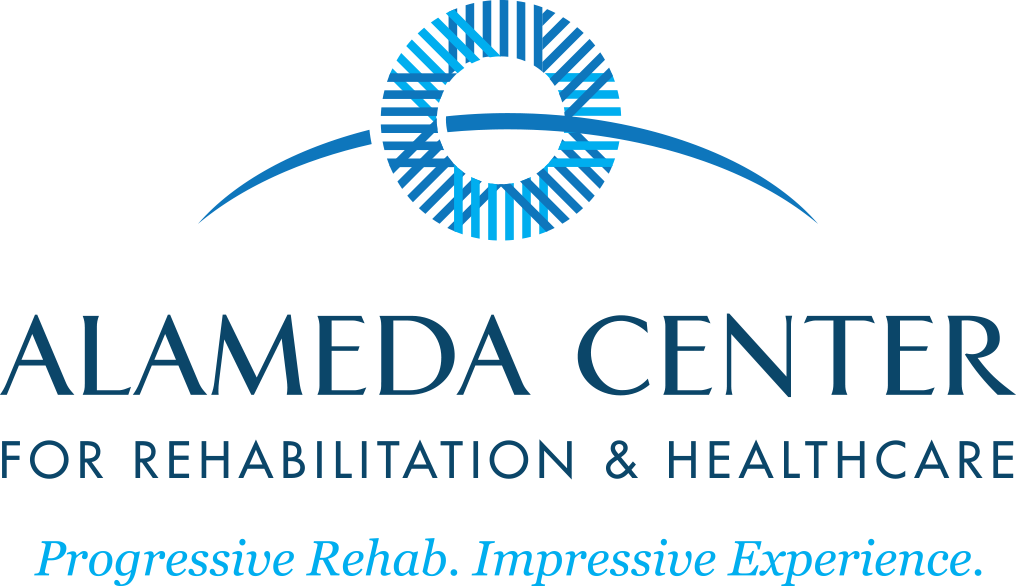Vascular Care Can Help With Wound Healing
Chronic wounds have been increasing across hospitals nationwide. Different types of wounds require different types of treatment, but altogether, the approach to treating wounds needs a bit of a makeover, according to wound care experts. Instead of tidying up wounds and sending patients home, other aspects of a patient’s care need to be addressed, including vascular care.
What’s the problem?
Typically, if a patient needs wound care, a nurse will clean and dress the wound. This kind of symptomatic treatment helps the patient in the short run but hurts the patient in the long run. Some doctors rely on the fact that chronic wounds don’t heal, so why waste time on them. However, depending on the cause, some chronic wounds will heal if carefully evaluated and treated.
In the current system, lots of money is wasted on inefficiencies – since care isn’t focused on pinpointing the problem, the wrong types of medical staff are seeing the patients and making incorrect diagnoses. Each time the patient comes in yet again, more money is spent on cleaning up a problem that isn’t actually being addressed. Part of the problem is that each wound is so individual, that it isn’t clear which type of specialist will be the right one to figure out the problem and treat it correctly. For example, different kinds of ulcerations can be caused by various underlying conditions. A patient who shows up with one may need to be seen by a neurologist, vascular surgeon, geriatrician, rehabilitation specialist and several other doctors to get all the necessary input to diagnose the cause and recommend proper treatment.
How vascular care can help
Notwithstanding the wide number of doctors who may deem it impossible to get to the root of the patient’s problem, a vascular surgeon will almost always be directly involved in getting the patient the care he needs to heal, or at least be treated the right way to decrease the issue and frequency of emergency care.
A wound in the lower extremities that hasn’t healed properly within 2 to 3 weeks is probably attributable to an issue with vascular care. It is probably related to dysfunction within the veins or arteries, as not enough oxygenated blood can get to the site of the wound and bring about its closure. When there’s a deficiency related to the venous system for example, surgery may be necessary to correct it and only then the wound can heal. This is the issue in many cases of chronic wounds regardless of the cause, which dictates the necessity of having a vascular surgeon as part of the multidisciplinary team treating wounds.
Novel approaches to wound care
Besides for the multidisciplinary aspect of wound healing that needs to be included in the treatment, new approaches are necessary to diagnose and heal. There are new and better products constantly being developed, such as dressings and medications. With careful consideration of the research and updated practices, plus a multidisciplinary approach to wound healing, including competent vascular care.
At the Alameda Center, we provide excellent care for patients recovering from wounds, with excellent wound care and vascular care for our patients. We use advanced products and approaches to speed the healing and get patients home, faster.
